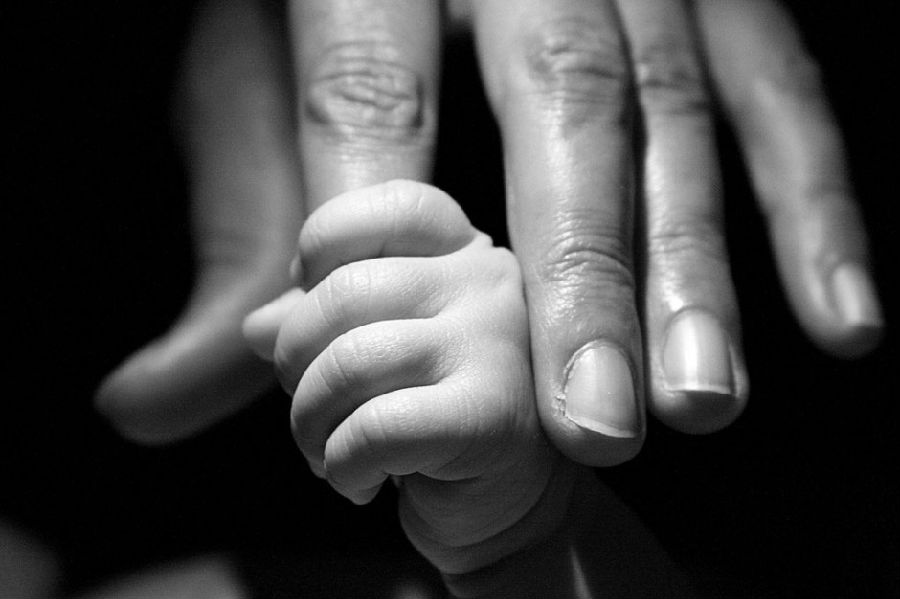(单词翻译:单击)
If you’ve ever blinked at a sudden light, jerked your hand away from something hot,
如果你在突然的灯光下眨眼,或碰到滚烫的物品立刻抽回手,
or jumped at a loud noise, then you know that these are not actions we consciously plan. Rather, they happen involuntarily.
或听到巨大的声响吓了一跳,你会发现这并不是我们有意识、有计划的行为,而是不自觉发生的。
Such sudden, unconscious movements are a kind of simple neural activity known as a reflex.
这些突然、无意识的行为是一种简单的神经活动,也就是“条件反射”。

A deliberate action, such as raising a spoon to the mouth, involves consciousness. We decide to raise the spoon, then we do it.
有计划的行为包含意识,比如把一个勺子送到嘴边,我们先是拿起勺子,然后再送到嘴边。
Most reflexes, however, do not involve the brain; they are fast, involuntary responses that travel over what is known as a reflex arc.
然而,大部分的条件反射与大脑无关,它们是快速、无意识的反应,该反应通过“反射弧”进行传递。
A reflex arc consists of a stimulus, for example extreme heat, which creates an impulse that travels along sensory nerves and neurons to the spinal cord.
反射弧包括某种刺激,如高温环境下人会产生一种神经冲动,这种神经冲动沿着感觉神经和神经元传递,最后到达脊髓。
译文为可可英语翻译,未经授权请勿转载!


